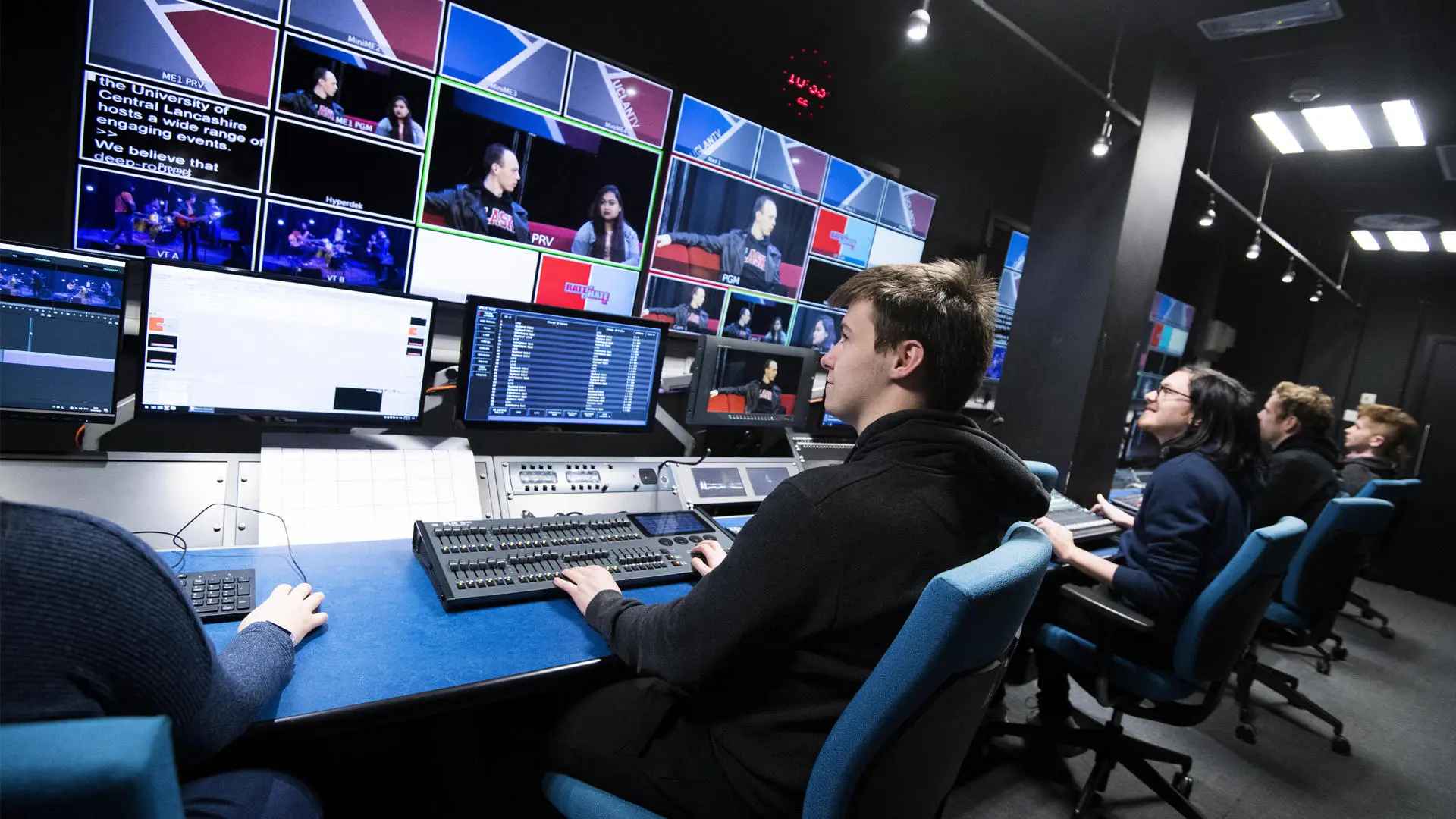- We break new ground: Our interdisciplinary, creative and collaborative culture creates value and shares new knowledge
- We foster talent: We seek to connect and nurture talent through collaboration, courses and projects with forward-thinking individuals, organisations and networks locally and internationally. Our network spans industry, academy and community organisations globally.
- We have an experimental project to product outlook: Our goal is to understand, exploit and commercialise the opportunities afforded by new digital technologies.
- We enrich communities: We create impact at a community level through meaningful new opportunities and enriched life experiences. We work to impact on organisational change and drive policy change.
Values
For most of us community describes where we live and work. It’s the shared values and interests that come with a sense of place. But technology opens up the idea of what defines a community.
It connects people who share common interests and goals regardless of where they live.
Our projects
Our projects span mobile and ubiquitous technology, the Internet of Things, proximity broadcasting, musicology, design thinking, 3D printing and more.
Some are new but others are the next step in projects that have grown and matured building a growing body of research to underpin our practice and highlight its impact. All of them have that commitment to community and collaboration at their core.
The work we do shows how the same commitment to disruptive design techniques, traditional social science and established practice-based methods, mixed with the creative application of technology, continues to be a catalyst for innovation and change for communities inside and outside of the academy.
Ultimately the Media Innovation Studio and our work is and always will be defined by people.
Impact
- Development of the "Insight Journalism" research methodology
- Development of Proximity Insights news data methodology
- Design Thinking
- Creative Facilitation
- Development of Citizen Media and Content Bureaus throughout Kenya
- Exiled media and media in politically pressured environments
- Global innovation lab community via our involvement with the Global Alliance for Media Innovation
Expertise and subject areas
Some key examples of the studio’s research linked activities and expertise are provided below.
Blending community-centred storytelling and journalism's critical and investigative approach with the skill sets of designers, makers and builders, Insight Journalism offers a radical approach to design and service provision for communities.
The result is 'bespoke' design and service solutions that are both inspired and scrutinised by the communities involved. By fostering community action and innovation through storytelling and journalism, Insight Journalism moves beyond simply 'giving a community a voice'.
Instead, it seeks to inspire action as a result of the journalistic stories that are told, whether they be through audio, video, image or text (or a combination of all of these mediums).
Members
- Co-founder Clare Cook
- Dr Mark Lochrie
- Dr Francois Nel
- Onno Baudouin
Clare Cook and Dr Francois Nel’s expertise lies in the area of business models, entrepreneurship and innovation.
This includes the Submojour database of sustainable business models on the web and study on hyperlocal revenue models in UK and Europe.
Nel is a founder of the Digital Editors Network, UK, which is an academic-industry learning network for thought leaders and influencers that has been meeting since 2007.
He is the principal investigator of the world news publishers innovation study initiated in 2009 in collaboration with the World Association of Newspapers and News Publishers (WAN-IFRA).
Research
The studio embarks on multi-layered research on a variety of media contexts supporting independent journalism. These media exist within politically pressured systems or are small exiled or oppositional news outlets which are atypical, surviving at the edges of the political system and the economy.
These can be described as politically pressured as a result either of the discouragement of specific media practices and developments by political authorities, or the forbidding and outright repression of the same.
Innovation
Our research interests span journalism, the Internet of Things (IoT), augmented paper, mobile journalism, wearables, HCI, drone journalism and innovation theory.
In recent years John Mills’ research has focussed on how news organisations could utilise physical platforms and experiences.
Related Projects
- Bespoke
- Interactive Newsprint
- Participants United
- Speak Up Preston
- SubMoJour
- Insight Journalism and Punchdrunk: Sleep No More
- Drone Journalism

